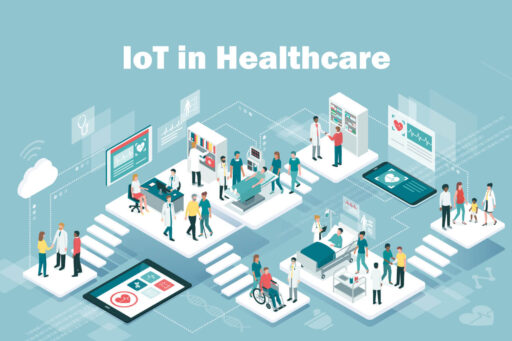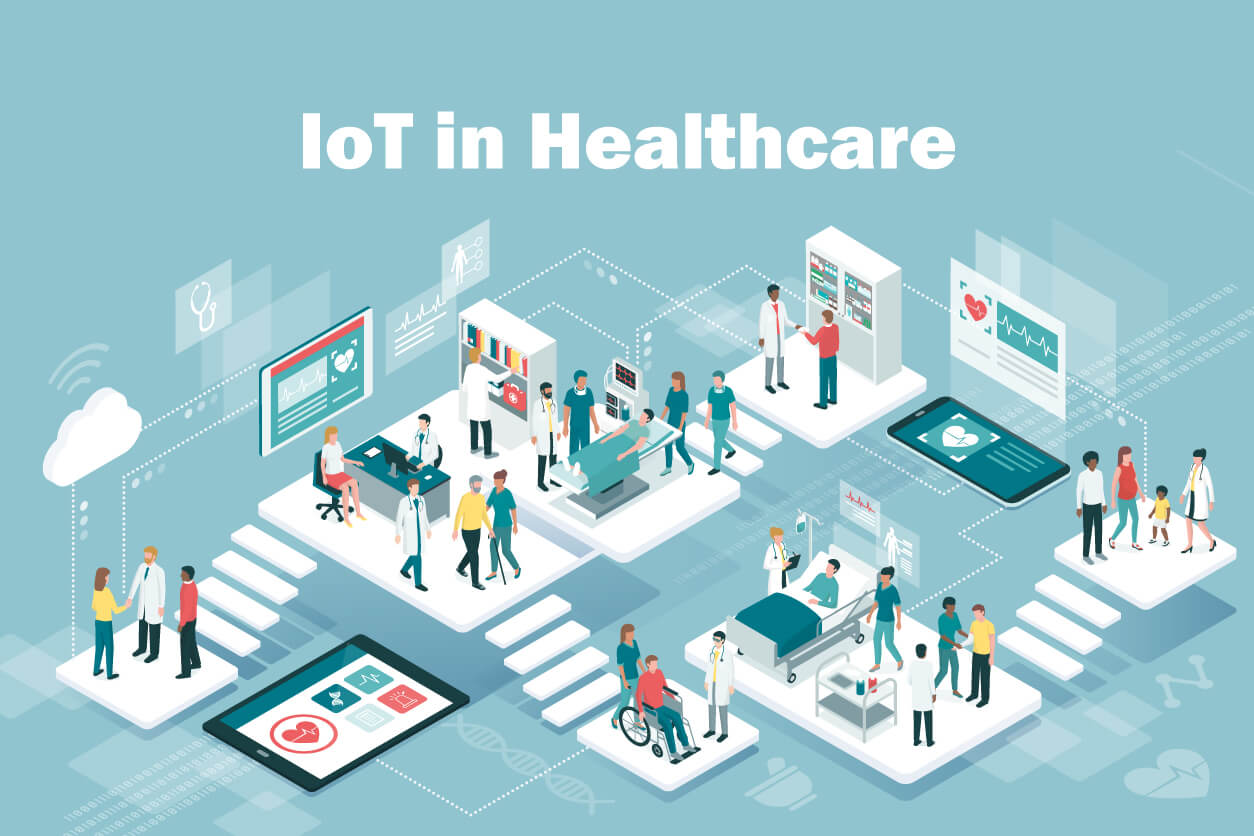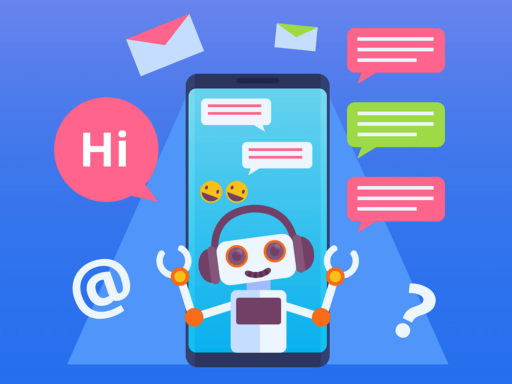The Internet of Things (IoT) is revolutionizing many industries, and healthcare is one area experiencing huge benefits from new connected technologies. IoT allows devices and systems to interact over networks, generating data that can improve patient care and lower costs.
While IoT in healthcare holds great promise, it also presents new challenges that must be addressed regarding privacy, security and effectiveness. Let’s look at some key ways IoT is being applied in innovative healthcare solutions as well as the obstacles to wider adoption.
Remote Patient Monitoring Advances Care
Connected medical wearables, sensors and home devices allow remote patient monitoring of conditions like diabetes, heart disease and more. Data on vitals, medication intake and more is automatically sent to providers, enabling preventive care and faster responses if issues arise. This type of monitoring improves health while reducing expensive hospital visits.
Smarter Hospitals Through Automation
IoT makes hospital operations more efficient through automation. Connected devices track supplies and assets in real time, flagging low inventories. Automated patient check-ins and digital records reduce errors. Environmental controls maintain optimal room conditions. Ultimately, smart hospitals lower costs and streamline healthcare delivery processes.
Challenges of Privacy, Security and Data Integration
While promising innovative uses, IoT in healthcare faces challenges regarding privacy, security and effective integration of collected data into treatment plans. Strict regulations govern access and sharing of patient information. Systems must be designed with multilayered protections against cyberattacks that could compromise data. And the sheer volume of IoT medical data must ultimately improve care outcomes.
Overall, IoT brings tremendous opportunities to improve patient care and lower costs through remote care, predictive diagnosis, supply chain efficiencies and more. Realizing healthcare’s IoT future demands proactive addressing of emerging challenges around privacy, security, data integration and regulatory compliance to build public trust in these new technologies. With careful planning, IoT will undoubtedly transform medicine for the better in years to come.







